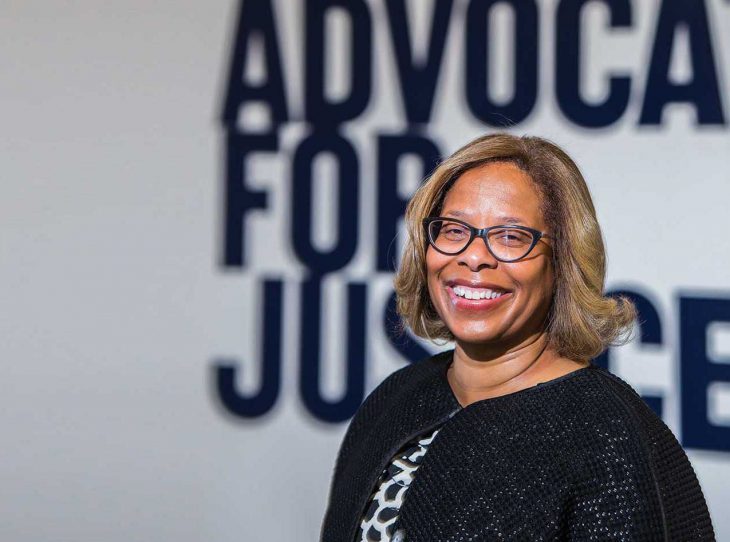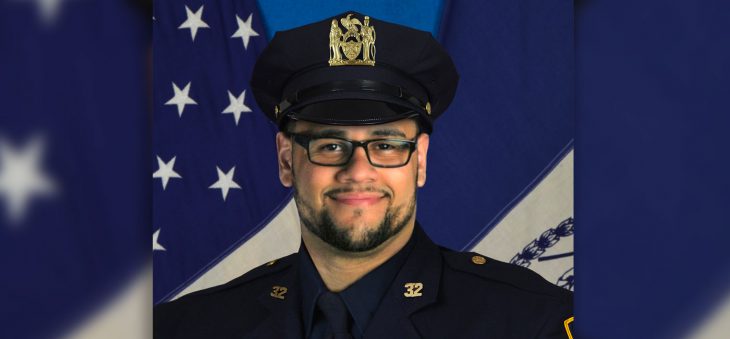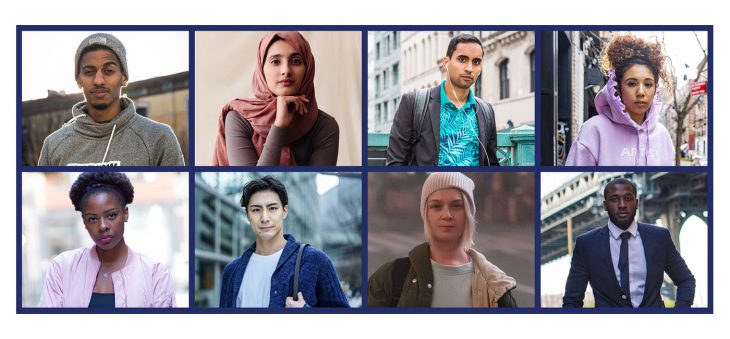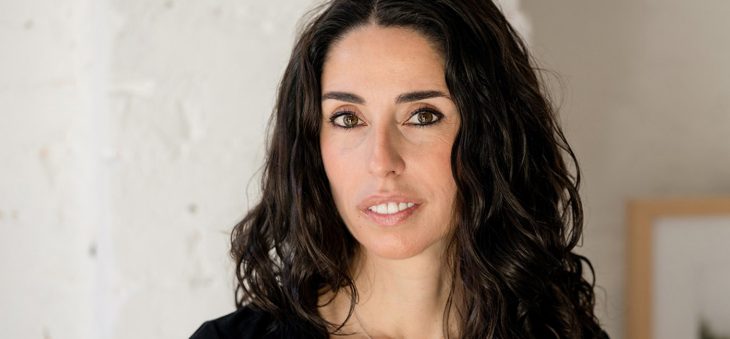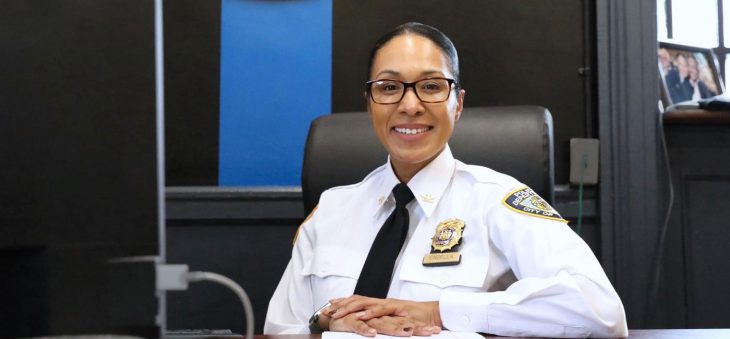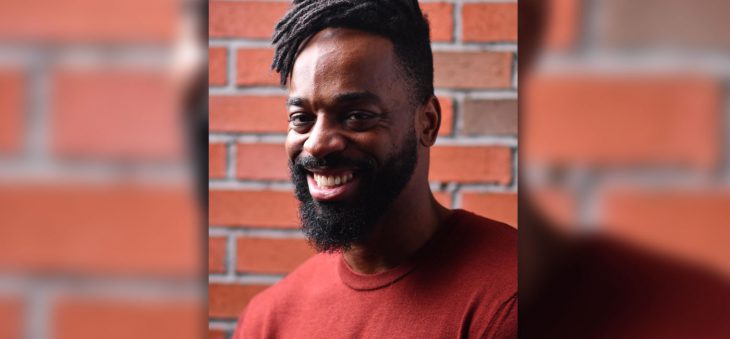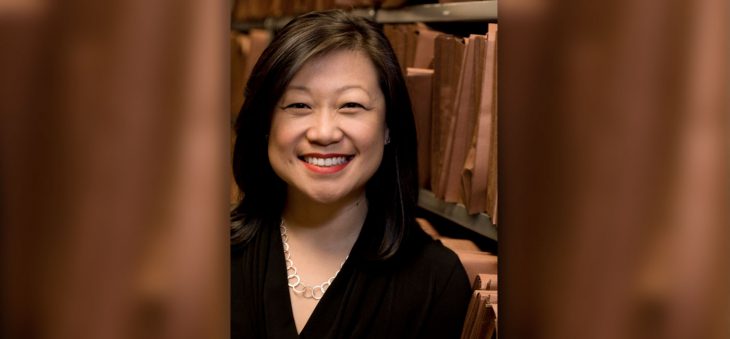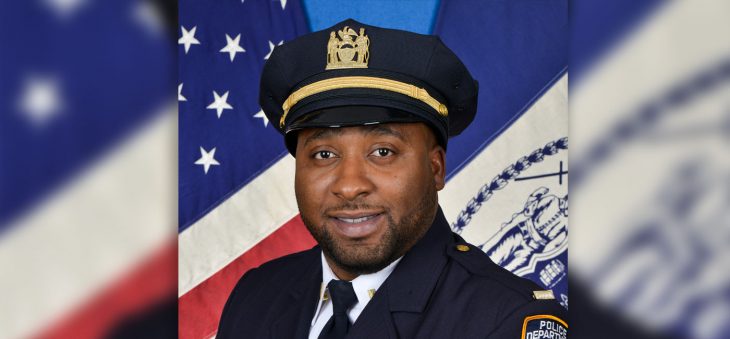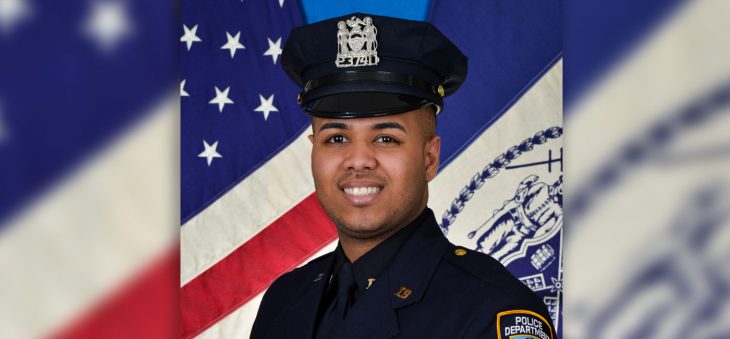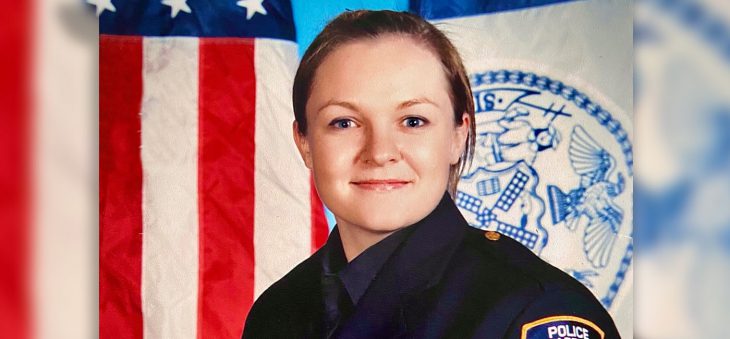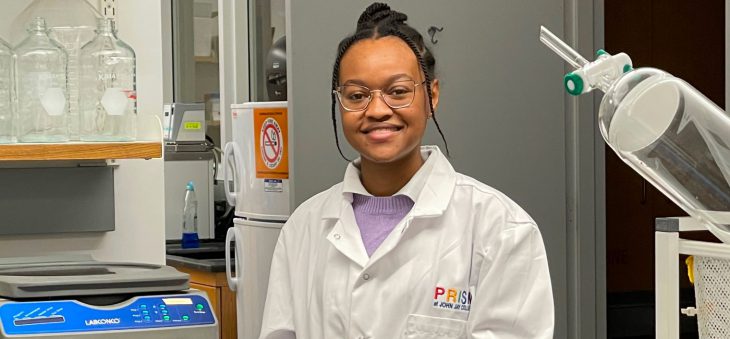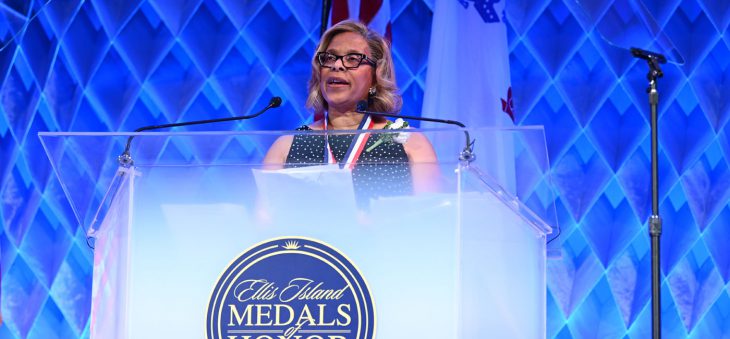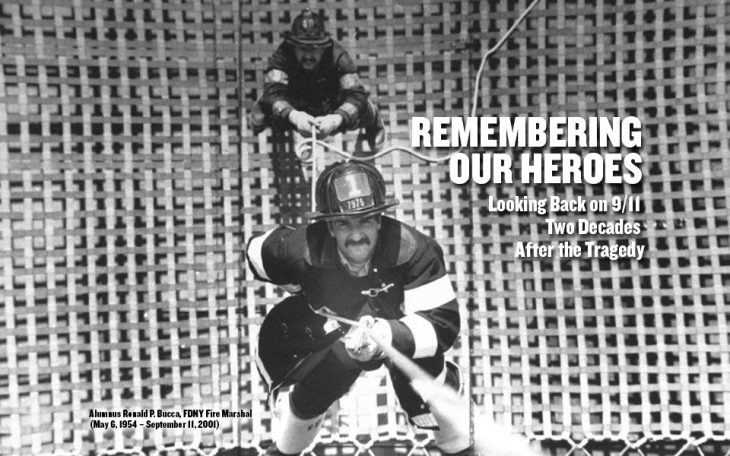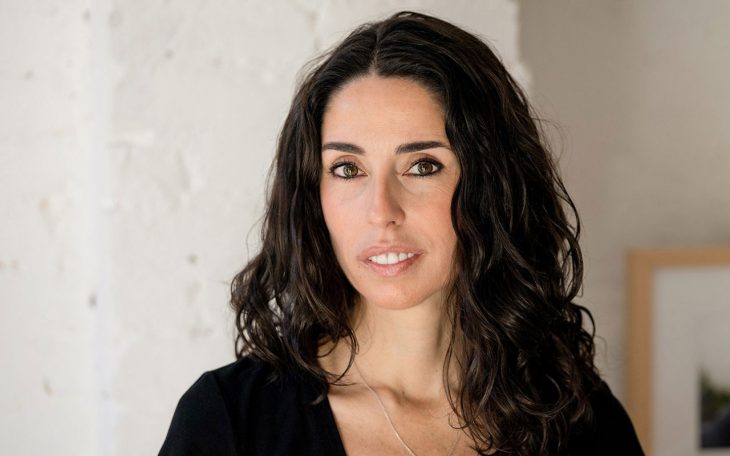Political Science Associate Professor Verónica Michel Explores Victims’ Rights in Latin America.
By Shirley Del Valle
Verónica Michel, Ph.D., has always been an optimist, believing that fairness and equality could be achieved in the world. Growing up in her native Mexico, where news of corruption was part of the norm, Michel found herself as the odd one out during politically-centered conversations. “In Mexico, it’s very normal for one to not trust in government or in government institutions actually working,” says Michel, an Associate Professor in John Jay’s Political Science department. “But I’ve always wanted to believe that fairness in the system can exist.” Her curiosity and interest in how a political system can shape social outcomes led her to become a human rights scholar. “Trying to find those positive cases that show the system can work and justice can be reached has always been a driving force for me,” she says, pointing to her research on victims’ legal rights. “When do victims get to see their day in court? That’s the question I was asking myself for years. If you look at countries like Chile or Guatemala, where there was previously a dictatorship or a corrupt government in place, oftentimes the state is hesitant to prosecute a case. Usually in those cases the defendant is a high-ranking official. In that case, what happens to the victim’s pursuit of justice? What happens to their rights?”
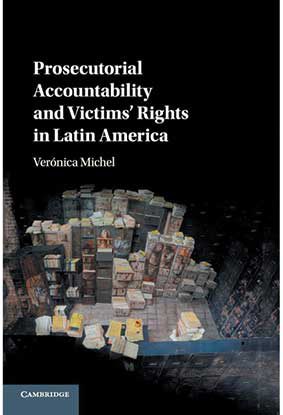
In her book Prosecutorial Accountability and Victims’ Rights in Latin America, Michel finds some of the answers, exploring how the recognition of victims’ rights and the use of private prosecution increases accountability in legal systems in the countries of Chile, Guatemala, and Mexico. “Private prosecution is when an individual, who is the victim or a victims’ relative in a criminal case, can hire a private prosecutor to investigate, interrogate, and bring evidence in a case alongside the public prosecutor—and that evidence may be different to the one the state’s public prosecutor presents.”
Having a prosecutor who is working on behalf of a victim and has a vested interest in the case is essential because it often leads to a greater chance of the case actually going to trial. “The main obstacle for many victims is the ability to build a case by gathering strong evidence and having a good investigation. What I’ve seen in my research is that private prosecution helps bring cases to court, because the private prosecutors are gathering their own evidence, laying out interesting legal arguments, and that helps them fill the gaps, especially where the state prosecutor’s case may be lacking,” Michel explains.
Borrowed from the European court model, private prosecution was implemented in part because of general discontent with the legal systems in Latin America, according to Michel. “For years there had been discussions sponsored by aid agencies and international organizations like the United Nations or the OAS [Organization of American States] on how to make the legal system better and that led to reforming the criminal justice system.” The proactive approach to system reforms is a testament to Latin America’s desire to improve—and that’s something Latinx students at a Hispanic-Serving Institution like John Jay should be proud of, says Michel. “There’s this tendency to think of Latin American countries as ‘backward’ or ‘under-developed’, especially when it comes to their systems of justice, but it’s actually the opposite. Some of the most important developments in victims’ rights and in human rights law have emerged from Latin America because of their struggles in the past. And what these attempts at reforming the criminal justice system show is that Latin American governments want change and are not afraid of bold or drastic reforms.”
Highlighting what message from the book she wants readers to come away with, Michel returns to the idea of maintaining hope. “I want people to have hope. Beyond the frustrations, the disillusionment, and the sense of hopelessness many victims and victims’ families have, there is a way to press for accountability. There’s a way for victims to get some justice,” she says.
When asked about her hopes for the future, Michel envisions a legal system where innocent people are kept out of prisons and where prison overcrowding doesn’t exist. “I’d love to see Latin America, and the rest of the world, really embrace and protect human rights and victims’ rights. I’d love for the system to move toward, and ensure, that no one is above the rule of law,” says Michel. “And, to achieve that, it’s going to require profound structural and political reform and a lot of engaged grassroots mobilization. But what it’s going to require most is that everyone walk on that road together, engaged as a community.”

